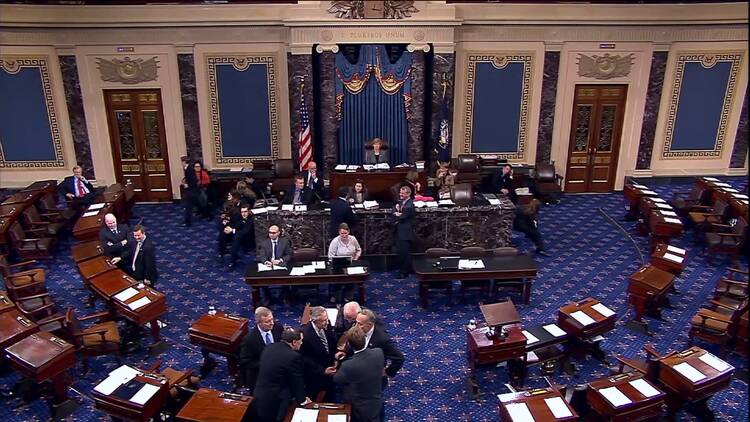On Wednesday, April 30, the United States Senate voted against legislation that would officially increase the federal minimum wage from $7.25 an hour, at which it has remained since 2009 without adjusting for continued inflation, to President Obama’s proposed $10.10, which would take effect by 2016. In doing so, the 42 Senators who voted down the White House-backed legislation did 16.5 million Americans a great disservice.
Many have cited concern that the Congressional Budget Office estimates that up to 1,000,000 Americans will lose their jobs as a result of this legislation if it were to pass. Many Republicans feel that such a measure is likely to cost more jobs in a fragile and unstable economy, citing the latest figures released by the Department of Commerce’s Bureau of Economic Analysis on April 30th that the U.S. economy only grew 0.1% between January and March of 2014. At the end of the vote, a singular Republican Senator had voted for the legislation. However, as I have written in a blog post on February 19th (which may be found here), many economic advisors, including Jason Furman, the Chairman of the White House’s Council for Economic Advisors, disagree with the estimates set forth by the CBO, stating that it is very unlikely that job loss will be all that significant as a result of an increase in federal wages.
It’s also very clear from a historical perspective that job loss is not all that likely. In the 29 times that the Federal Minimum Wage has been raised since 1938, historical data provided by the Bureau of Labor Statistics shows that unemployment either remained the same or decreased the following year in which the legislation was implemented.
We are not called to seek what is best for ourselves at all points in our lives, but we are called to seek what is best for humanity as a whole. And raising the minimum wage is part of benefiting that whole. There are certainly other economic policies that can be applied to help America’s impoverished, e.g. tax-break development zones, incentivizing small business growth, redeveloping and appropriating formerly prosperous industrial zones, etc., but the minimum wage hits the home the fastest. The least the U.S. Senate can do is listen to its’ constituents and pass a just legislation.
Nicholas D. Sawicki is an intern at America.








